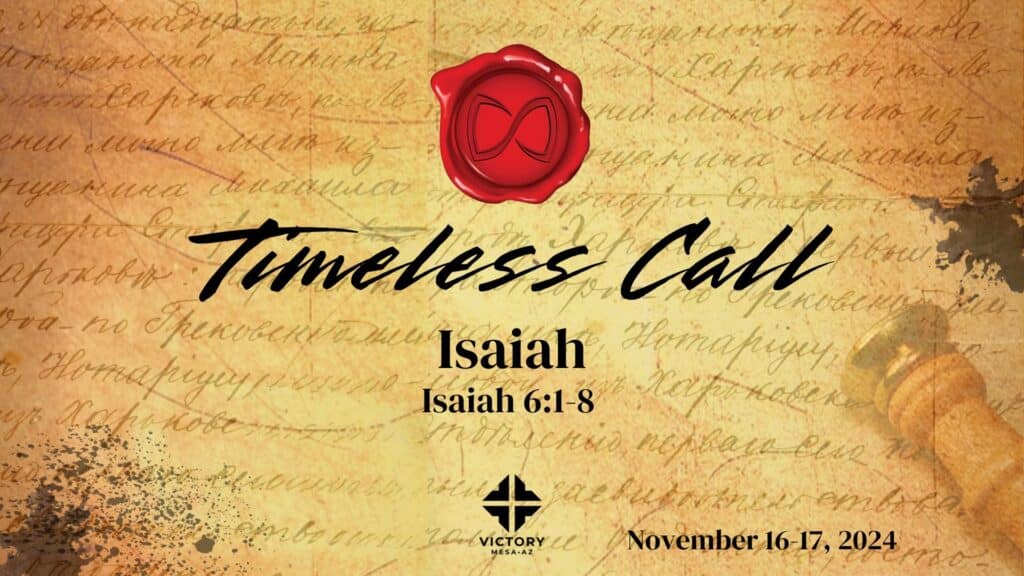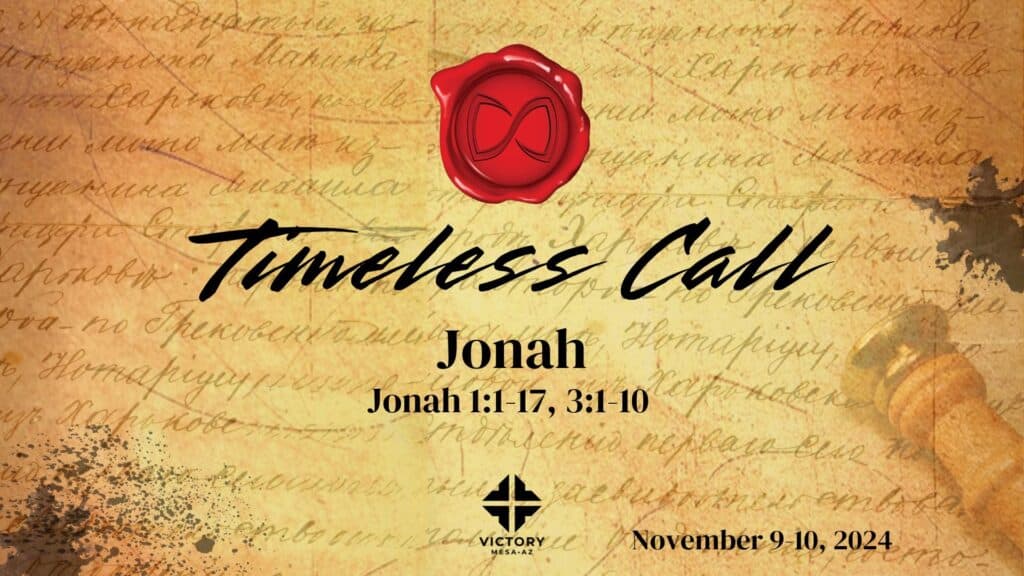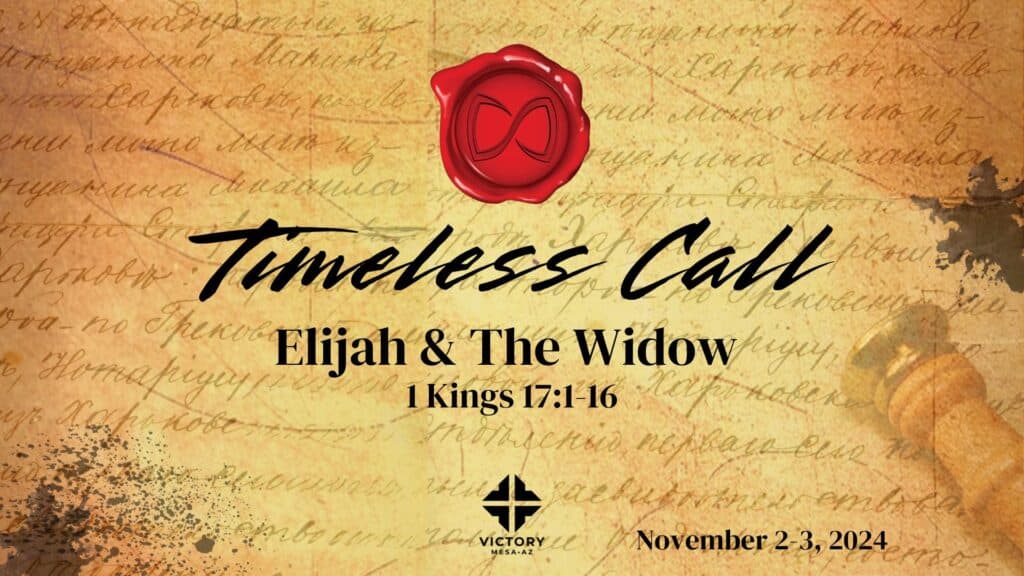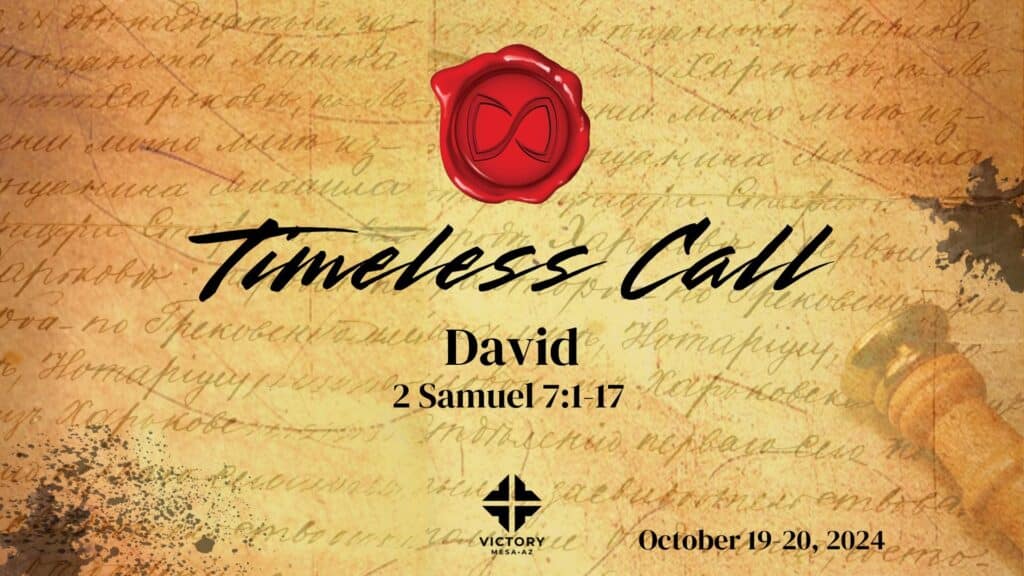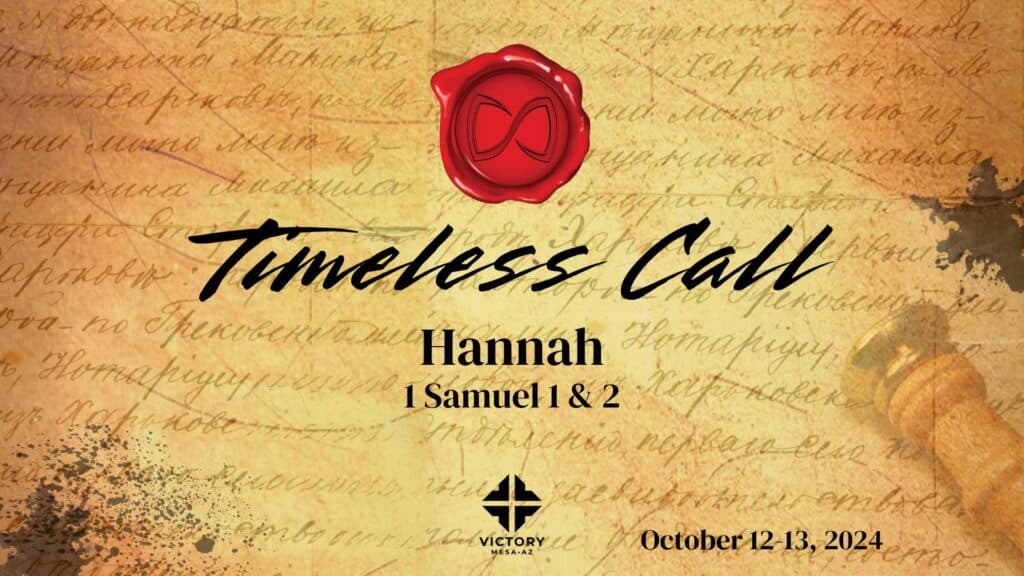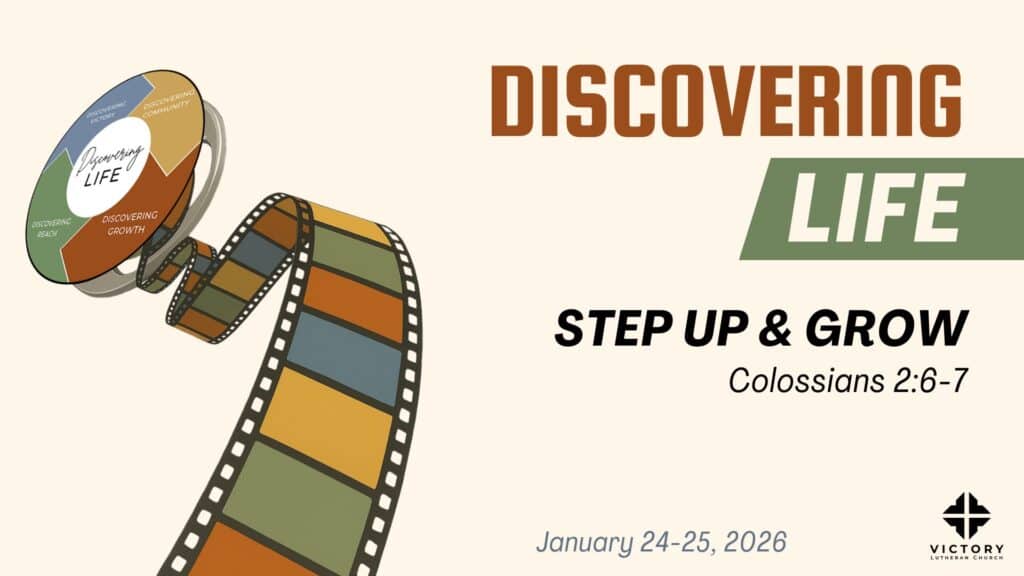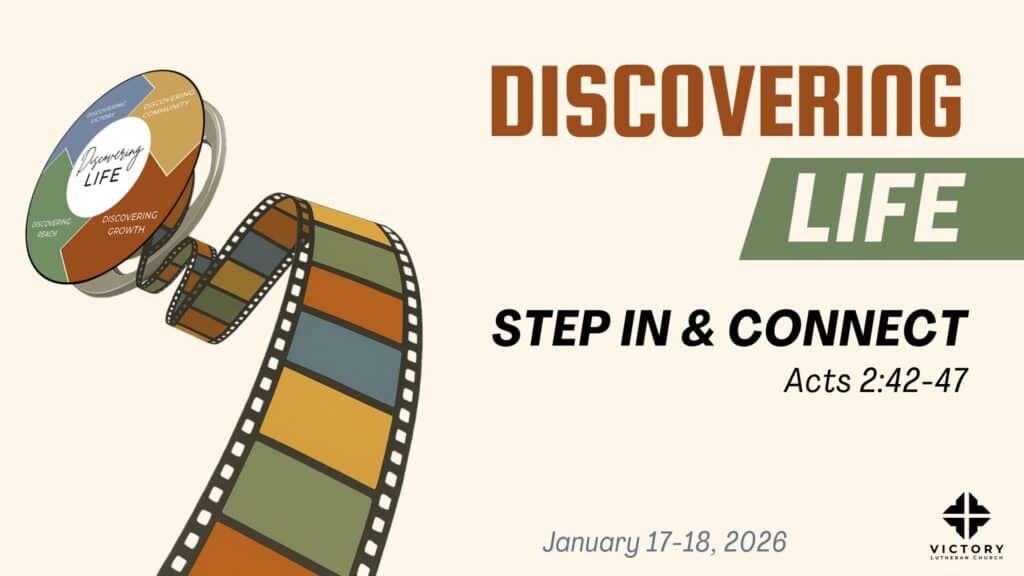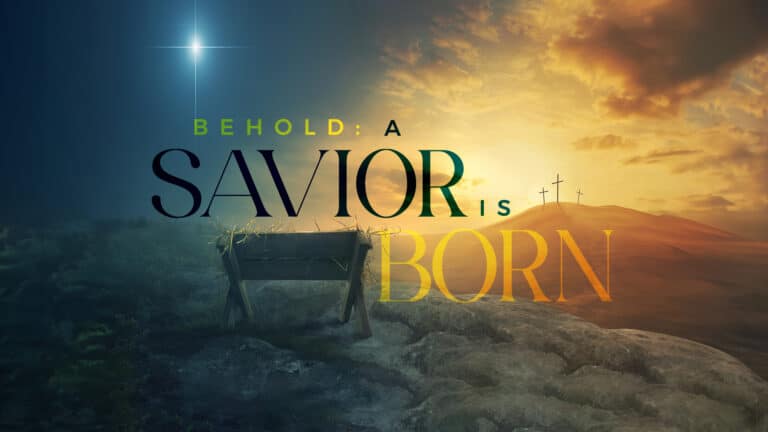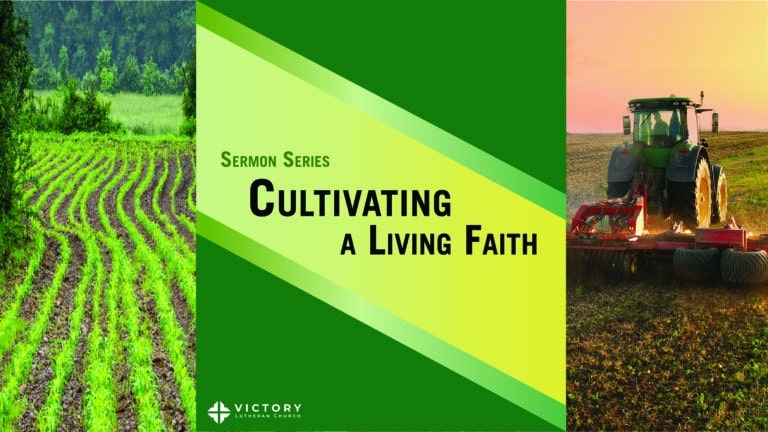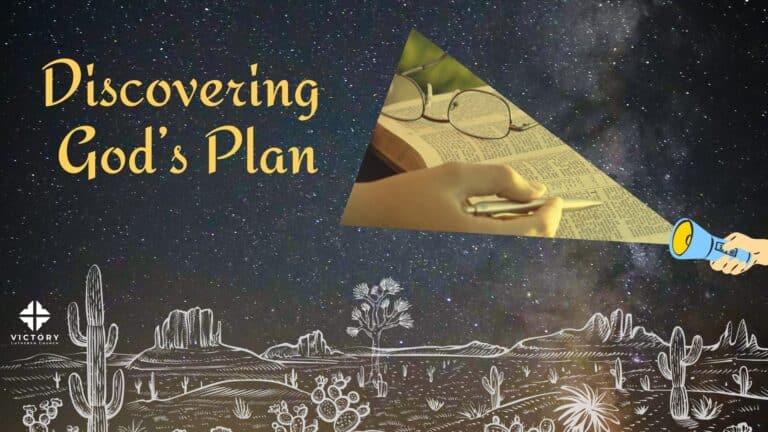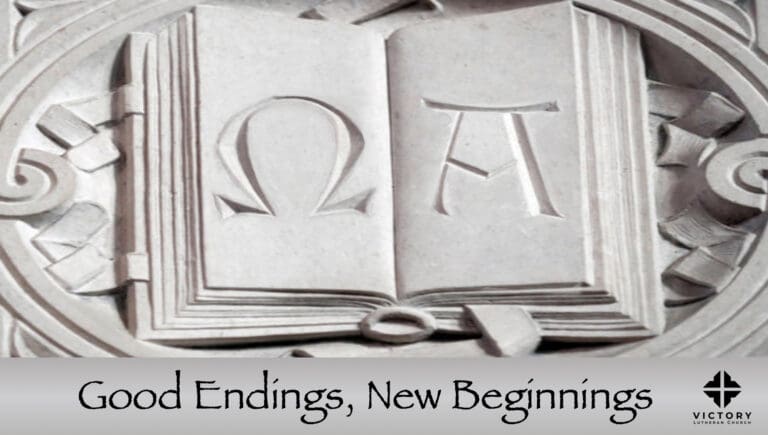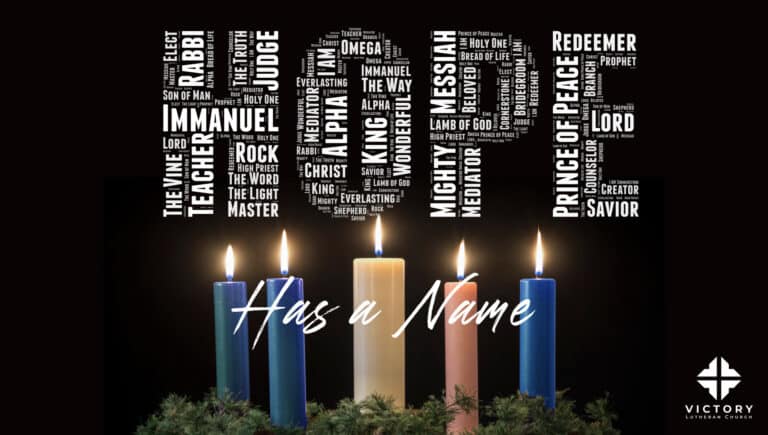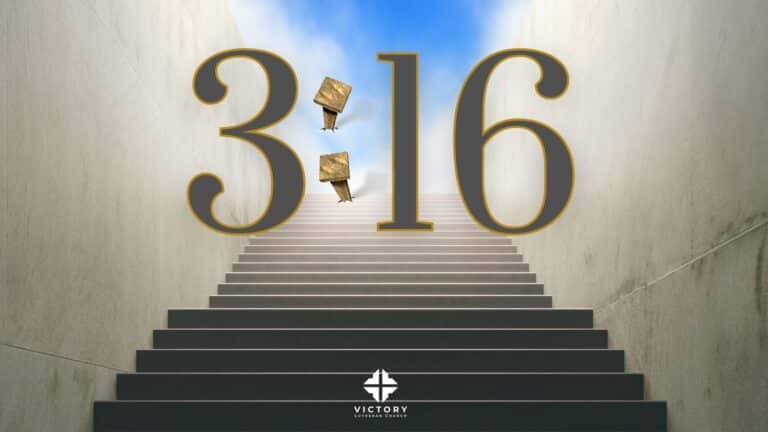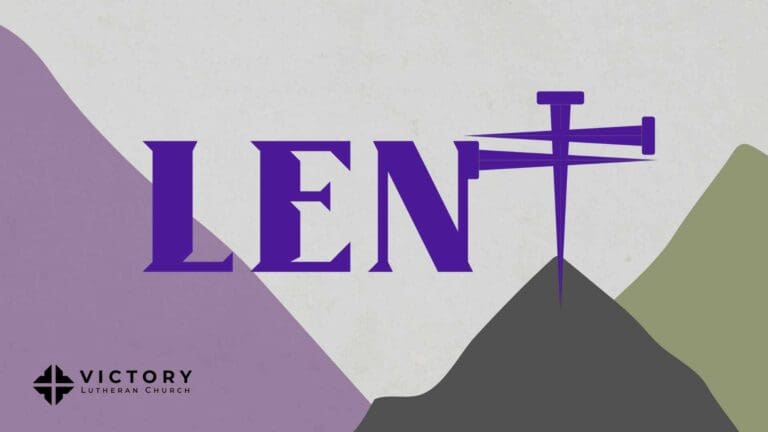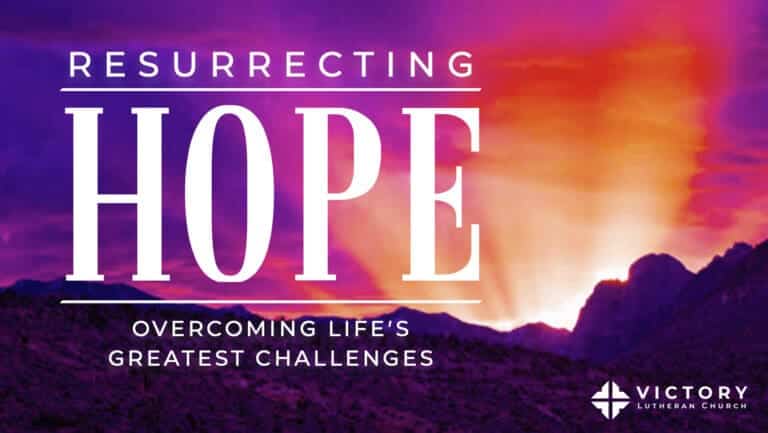That sermon bumper is a reminder of our journey that we are in, in the sermon series on God’s timeless call. As we’re looking at major people in the Old Testament and events that really, uh, reveal God’s call, not just in the scriptures back to people then, but to you and I today. And today we’re going to be looking at, in many ways, kind of the high, uh, point in Israel’s worship life. The dedication of the temple built by King Solomon. It’s a very special place on this earth. You know about Sedona, yes, where many people believe it’s a place that itself is a location on this planet filled with rich mystical properties. Have you ever visited a place on this earth that people thought, Oh, there’s kind of a spiritual dynamic going on there. You know, word about Sedona is that there are these, um, powerful energy vortexes there that people seek out. These vortexes are said to facilitate meditation and healing and self exploration. Where people come seeking spiritual growth and clarity as they are in this deeper, connection with nature. Now, places like Sedona, locations of spiritual significance, it’s nothing new throughout history. Humanity has sought out places where kind of the veil between heaven and earth seems somewhat thin, places where one might feel closer to something bigger than themselves. And so the Bible text for our sermon today is about one of the most spiritually charged places, I think. On this planet, Solomon’s Temple. This temple, it wasn’t just a building, it was the heart. of the worship for the nation of Israel, a focal point for their relationship with God. Built in the 10th century, it stood as a testament to God’s presence among his people. And although Solomon’s temple was destroyed, and then it was rebuilt, and then that one was destroyed, um, the site still remains sacred. Today, the Western Wall, also known as the Wailing Wall, is all that remains of the ancient limestone walls that once surrounded the Temple Mount. It’s the holiest accessible site in all of Judaism, a place of prayer and pilgrimage for people across the world. And yet today, atop the Temple Mount itself, stands what? The Dome of the Rock, a Muslim shrine, completed. in 691 A. D. Isn’t it something how this one place can hold such profound significance back through the centuries and up to today? For multiple place, faiths, a place where heaven seems to touch the earth. For Israel and for Solomon, the temple of God. Again, it’s the central location of their worship of Yahweh, God.
Imagine this scene during the temple’s dedication itself. When the priests withdrew from the holy place, the cloud filled the temple of the Lord, and the priests withdrew. Could not perform their service because of the cloud, for the glory of the Lord filled his temple. Wow! Can you picture that? A cloud so dense with God’s glory, His presence so palpable, that the priests couldn’t even perform their duties. What if that were to happen here? One way to get me to be quiet? Well, get your hopes up. Because you know what? I believe the Holy Spirit does meet with us here. Week after week, sometimes leaving us silent and speechless. As His presence and His promises grip us and embrace us. And I pray that that will be true for you here today and always. So, if you have your Bibles, turn with me to 1 Kings chapter 8 I’m going to begin reading at verse 15. And the first, it’s a, it’s a word from King Solomon during his public declaration. Kind of a remembrance of what got him to this place. And then we’re going to look at a part of his prayer. Beginning at verse 15. Praise be to the Lord, the God of Israel, who with his own hand has fulfilled what he promised with his own mouth to my father David. My father David had it in his heart to build a temple for the name of the Lord, the God of Israel. But the Lord said to my father David, You did well to have it in your heart to build a temple for my name. Nevertheless, you are not the one to build the temple, but your son, your own flesh and blood. He is the one who will build the temple for my name. The Lord has kept the promise he made. I have succeeded, David, my father, and now I sit on the throne of Israel, just as the Lord promised. And I have built the temple for the name of the Lord, the God of Israel. And then here’s his heart in this prayer. But will God really dwell on earth? The heavens, even the highest heaven, cannot contain you, how much less this temple I have built. Yet, give attention to your servant’s prayer and his plea for mercy, Lord my God. May your eyes be open toward this temple night and day, this place of which you said, My name shall be there, so that you will hear the prayer your servant prays toward this place.
Hear the supplication of your servant, and of your people Israel when they pray toward this place. Hear from heaven your dwelling place, and when you hear, forgive the word of the Lord. Dear friends, grace to you and peace from God our Father. Amen. And our Lord and Savior, Jesus Christ. Amen. You know, the building and the dedication of Solomon’s Temple in Jerusalem, I think it signals really the high watermark for the nation of Israel. Considering God’s timeless promise of His covenant, it was nearly 500 years from when God delivered His people out of slavery in Egypt to now the building of Solomon’s Temple. In fact, here’s the actual, uh, Bible text with the time stamp. In the 480th year after the Israelites came out of Egypt, in the fourth year of Solomon’s reign over Israel, he began to build the Temple. The temple of the Lord and it took him seven years to complete it. 480 years. You know, if you, if you reach back from today, for us, it’s just a point of reference. 480 years ago, the colonizing that went on here in the Western Hemisphere, it was just beginning. Spain and Portugal were solidifying its presence in South America. The French and English were only beginning to explore and state claims here in North America. That’s that time span. From a religious vantage, 480 years ago today, the Reformation was already 27 years old, starting in 1517. Martin Luther was 60 years of age and already starting to decline in health. In fact, I just, I learned in studying for the sermon, he died just two short years later at the age of 62. I’m like, woo, now I’m feeling well. I’m feeling good. My prayer is I’m here for a little bit longer than just two years, but, um, you know, it’s amazing God’s timeless call remains steadfast and true, whether it’s two years, two hundred, four hundred and eighty, or just today, even.
If you’re taking notes, Solomon’s temple was completed around the year five, nine fifty seven. BC, which is where our text today was recorded. I think it’d be difficult to overestimate the grandeur of Solomon’s Temple. I look for pictures and images or a model to try to convey that. I don’t, they just, I think, pale in comparison to what it was really like. But the dedication itself was just full blown over the top. Listen to this from 1 Kings 8. King Solomon and the entire assembly of Israel that had gathered about him were before the Ark, sacrificing so many sheep and cattle that they could not be recorded or counted. But it didn’t stop the Jewish scribes from trying. In verse 63, get this, Solomon offered a sacrifice, a fellowship offering to the Lord, 22, 000 cattle and 120, 000 sheep and goats. That’s a lot of livestock. And this, the rule and the reign of King Solomon, it really marks, if you think about it, the fulfillment of God’s timeless promise He made back to Abraham. Listen to this and see if it doesn’t sound like what God had promised to Abraham. centuries earlier. This is describing now the time during Solomon. The people of Judah and Israel were as numerous as the sand on the seashore. They ate, they drank, and they were happy. And Solomon ruled over all the kingdoms from the Euphrates River to the land of the Philistines as far as the border of Egypt. These countries brought tribute and were Solomon’s subject.
Descendants as numerous as the sand on the seashore. Listen to what God had told Abraham nearly 900 years earlier. I will surely bless you and make your descendants as numerous as the stars in the sky and as the sand of the seashore. Your descendants will take possession of the cities of their enemies. Wow. In many ways, Solomon and Solomon’s Temple, it was the pinnacle of God’s promise. Yes? Or was it? Now, we’re going to unpack that little tease in the sermons coming up. But what I want to do today is really glean from our text at least three ways that our worship can be reformed informed and forming us today. And the first is to identify with something bigger than yourself. I mean, life is more than just about you. Yes. And I think deep within every human heart is this desire to matter. And one of the ways we look for that to be is to be part of something greater than ourselves. And so we often seek out experiences that promise to transcend the mundane, which is why places like Sedona can captivate people’s imaginations. And, and nature’s grandeur itself. It can be, whether it’s the majestic mountains, or the vast oceans, or star filled skies. We can sense the presence of something beyond us in nature, can’t we? But while nature reveals, God’s majesty, it does not reveal his plan of salvation. In fact, nature can make us feel small. And if we’re mindful, I think it can remind us of our limitations and even our perfections before a holy and all powerful creator. The Apostle Paul writes, For since the creation of the world, God’s invisible qualities, his eternal power, and divine nature Have been clearly seen. So yes, we are often awed and inspired to think about God when viewing nature. And yet, that natural revelation is incomplete for us to understand God’s redemptive plan. So Solomon’s temple serves as a tangible reminder of God’s presence among his people. A place where heaven and earth do meet. Where the infinite touches the finite. And it symbolizes God’s desire to dwell among them. And it’s the same desire God has for you and me today to be in relationship with him. So yes, our Christian worship, our gathered worship, reminds us we’re part of something bigger than ourselves. But it’s more than just a general experience. There’s a specific focus to biblical Christian worship. And that is this.
Our worship needs to focus on Jesus Christ, who is the special revelation, of God for our salvation. While Solomon’s temple was a central place of worship, it was always pointing forward to something, or better put, to someone greater. The author of Hebrews tells us, in the past, God spoke to our ancestors through the prophets at many times and in various ways, but in these last days, He has spoken to us by His Son, whom He appointed heir of all things and through whom He made the universe. The Son is the radiance of God’s glory and the exact representation of His being. In other words, Jesus Christ is the ultimate revelation of God. Jesus is the living. Temple, God in human flesh who came to dwell among us. Jesus says this, recorded in John’s Gospel. He says, destroy this temple, and I’ll raise it again in three days. He was not speaking of the earthly temple, about his own body and his upcoming death and resurrection. So our worship, it must center on Jesus. Because Jesus alone bridges that gap between the divine and the human. And through Jesus, we experience God’s grace, mercy, and forgiveness. For indeed, Jesus is the way, the truth, and the life. No one comes to the Father except through Him. But further, there’s a specific message in what biblical Christian worship brings, and that it’s the heart of our worship. What is this message of forgiveness through faith in Jesus Christ? This is precisely what the crux of the Protestant Reformation was all about. Grace alone, by faith alone, in Christ alone, through scripture alone, to the glory of God alone. The Apostle Paul, writing to the church in Corinth, emphasizes the simplicity and the centrality of this message. He writes, when I came to you, I did not come with eloquence or human wisdom as I proclaim to you the testimony about God. For I resolved to know nothing while I was with you, except Jesus Christ and him crucified. You know, there are times here as I’m like preparing a sermon, I’m tempted. I, I kind of wanna bring you something that’s gonna really grab you, you know, something that I think you really need. And that you’ll be interested in when in reality, what you and I, what we all always need is that this, there’s this message of forgiveness of all our sin through faith in Jesus Christ.
Two and a half years ago, during my installation here, Pastor Julie Smith was preaching. It felt like mostly to me, but she did say to me at one point, she said, Todd, you’re going to be tempted. When you preach here, to bring the people what you think they want. He says, she said, resist that, bring them what they need, bring them Jesus. Trust the power of God’s word. And friends, it is this message of faith in Christ, in which we find the full forgiveness of all our sins. This message, it never grows old. Because, it If we’re really mindful and honest about it, we need it continually. I mean, if you’re like me at all, we’re, I’m prone to wander, to doubt, even to fall into sin. But God’s grace, His timeless call is ever present, continually calling us back to Himself. So how do we live into these, uh, truths about reformed worship? Well, first, engage in corporate worship. And I know I’m preaching to the choir, actually, and to the congregation, in reality. You’re here, so you understand the value of it. But I think one of the ways I can relate to this, and I love our online presence, our online congregation. So glad you’ve all joined in. And for all of us, whenever we’re away, It’s a real gift, isn’t it, to still be a part of things here? But it’s not the same as being here with you in person. And this is an exciting time of year, as our winter members are coming back, right?
It’s kind of like a family reunion almost. But for all of us, there’s nothing that beats being with you together, in person, and worshiping our Lord and Savior, Jesus Christ. So we engage in corporate worship. Hebrews, the book of Hebrews, Says this, let us not give up meeting together as some are in the habit of doing, but encourage one another. And I see that happening here as we gather week in and week out. There’s something uniquely special and it can be encouraging about gathering in person together. But second, then, let your focus in worship be upon Jesus. Let Jesus be the center of your worship, whether you’re singing hymns or praying or engaging with the message and the hearing of God’s Word. Fix your eyes upon Jesus in all things, for He, indeed, is the author of all things. and perfecter of your faith. Remember, he’s the exact representation of God, the radiance of his glory. And third, embrace the message of forgiveness. Especially when doubts assail you, return to Christ’s cross. Meditate on his sacrifice, and his victory. over sin and death and Satan. And let the assurance of his resurrection fill you. One of the ways we can do this is to let confession and forgiveness be a regular part of your spiritual practice, just like we do here in corporate worship every time we gather. As we were reminded, and we just heard from Pastor Susan from 1 John, if we confess our sins, God is faithful and just and will forgive us our sins. And purifies from all unrighteousness. We need to hear that message daily. Because we wrestle with sin every day. And we can feel that deep need for forgiveness and a fresh start. Spiritually, so hearing the truth, the timeless message that Jesus Christ offers forgiveness to you simply by trusting in who he is and what he’s done, it’s vital because it assures us that our sins are pardoned, renewing our relationship with God. So engaging in confession and forgiveness, it, it’s cleansing, it’s life giving. It allows us to openly admit our mistakes. And then as we seek God’s mercy to receive it. And the grace and healing that only Christ can provide. And this continual practice, it not only strengthens our faith, but empowers us to live in unbroken fellowship with God. Reminding us that because of the Lord’s great love, we are not consumed. For His compassions never fail. They are new every morning. Great is your faithfulness. Just as Solomon recognized that even the highest heavens cannot contain God, and yet God did choose. to dwell among us people. So too, today, does God choose to dwell with us and within us through the Holy Spirit.
We don’t have to travel to a special place, not to Sedona, or even to Jerusalem, to encounter God, for He is right here, right now, among us, and within us. Join me in prayer. Heavenly Father, we’re grateful for the privilege to gather to worship You, for revealing Yourself through Jesus Christ, Help us to focus our worship on Jesus, and to embrace His forgiveness and grace. Strengthen our faith when we have doubts. Help us to remember that we are part of the greater body of Christ, and empowered by Your Spirit, may we then live our faith boldly, to serve others sacrificially, and to share the good news of Your truth and salvation with the world around us, letting our lives reflect Your love. I ask in Jesus precious name.


